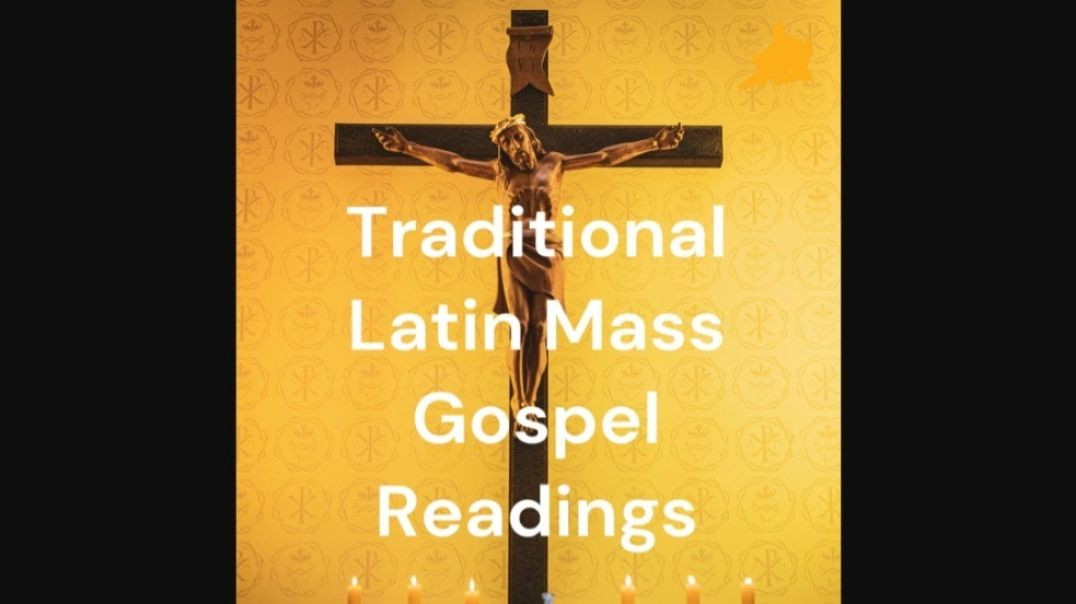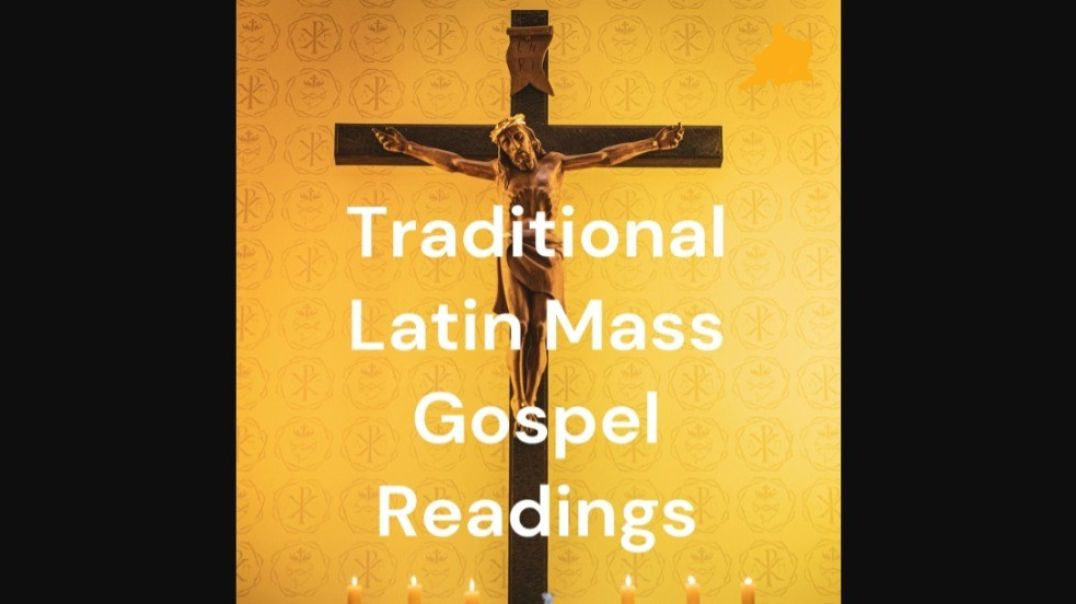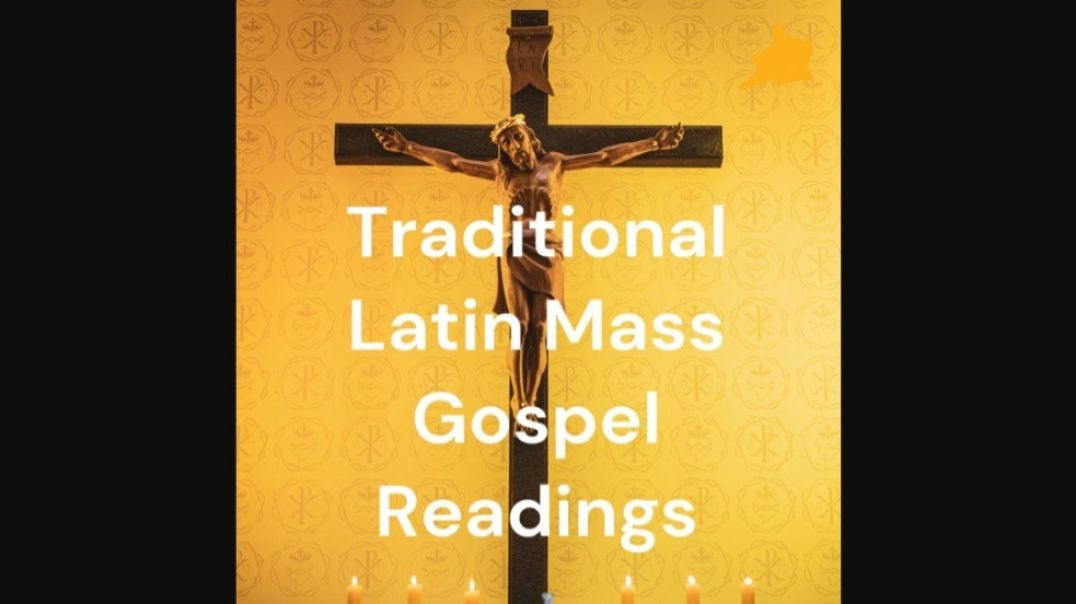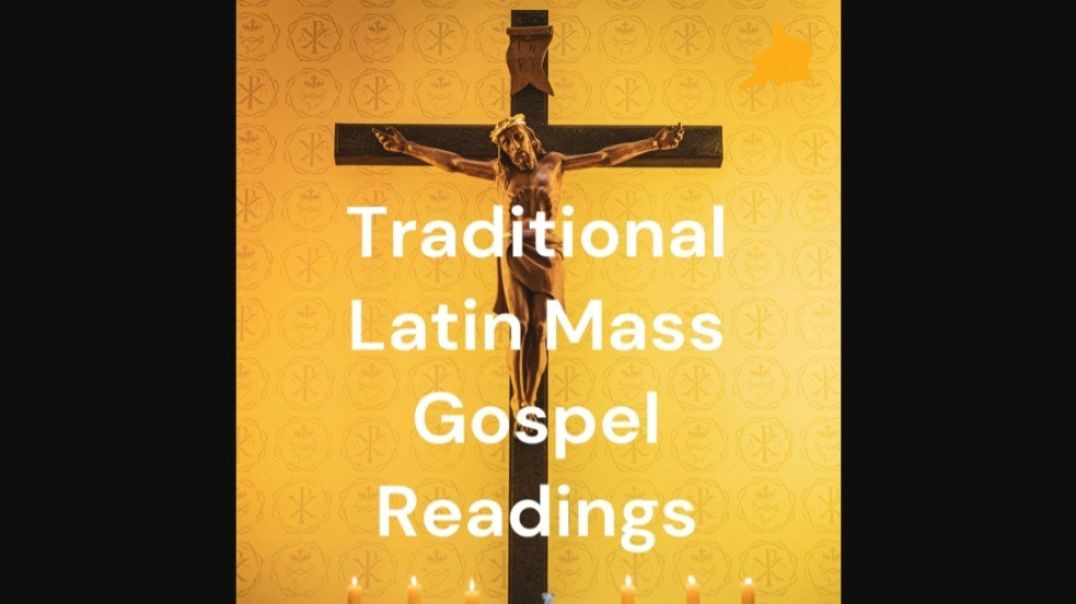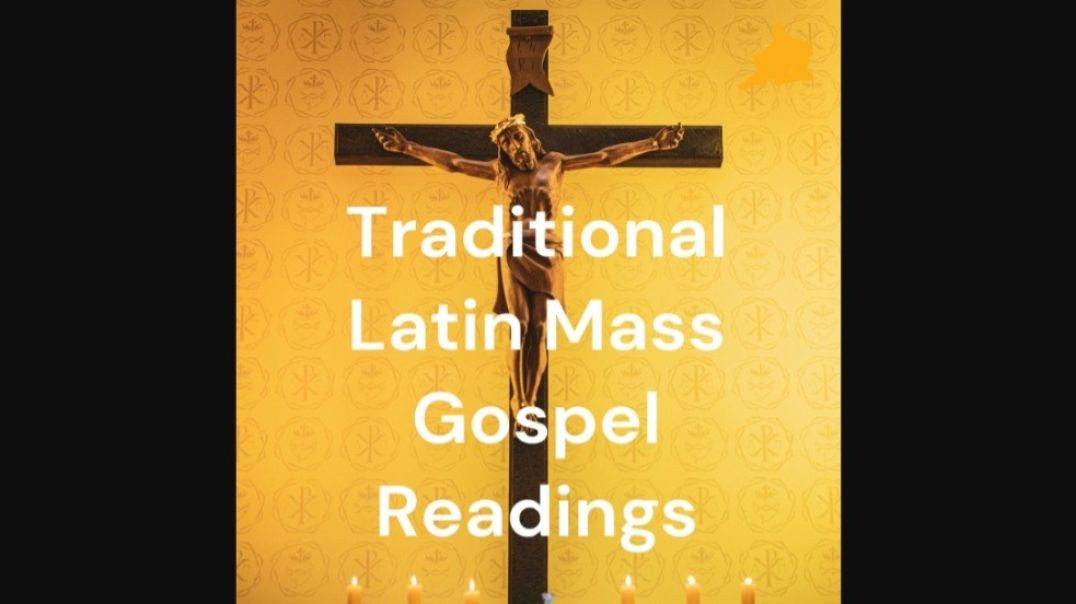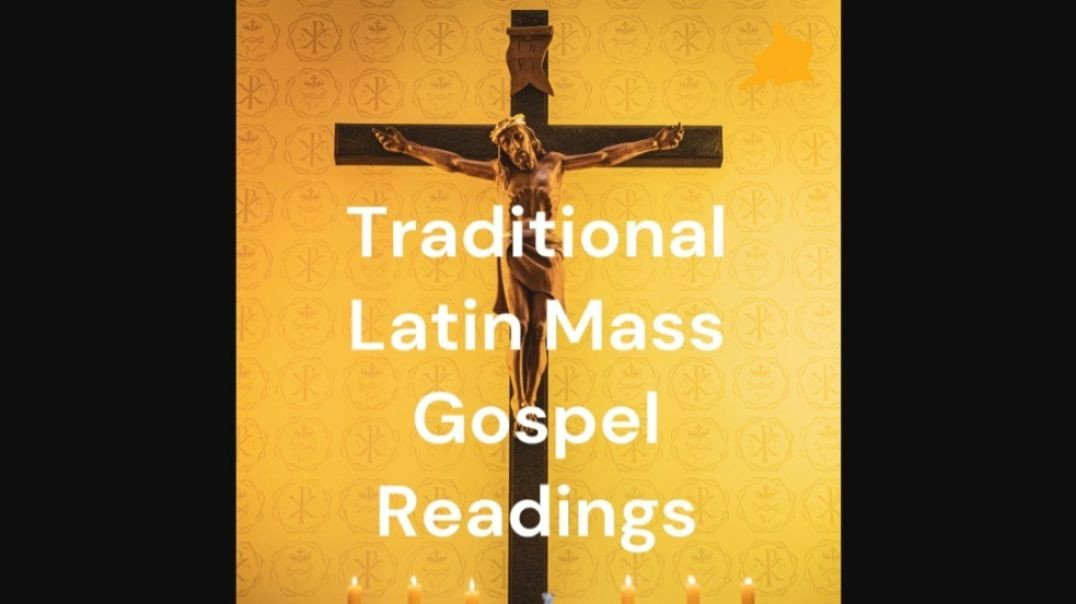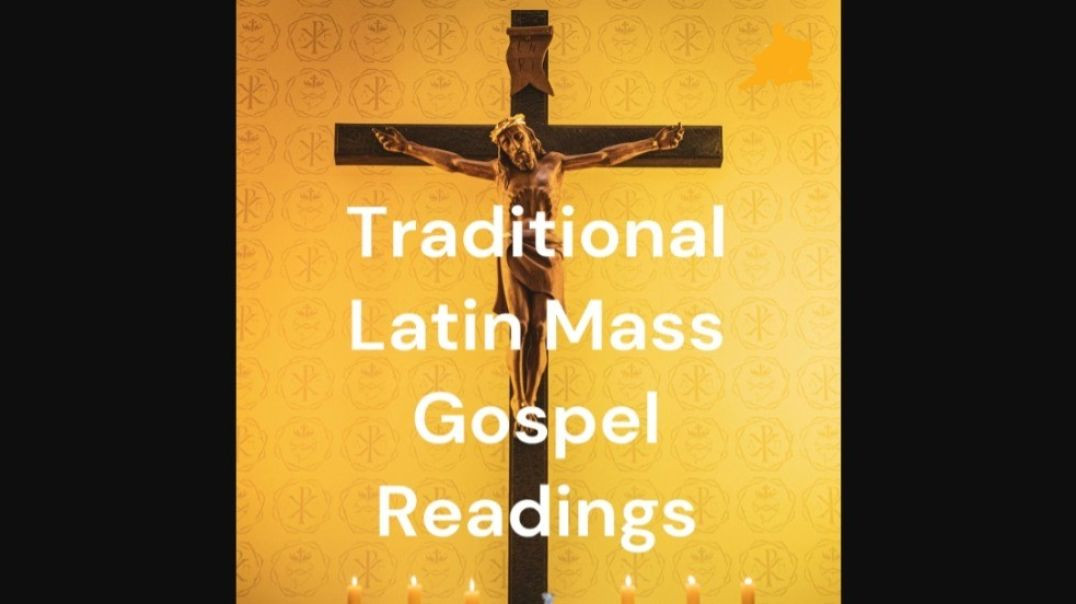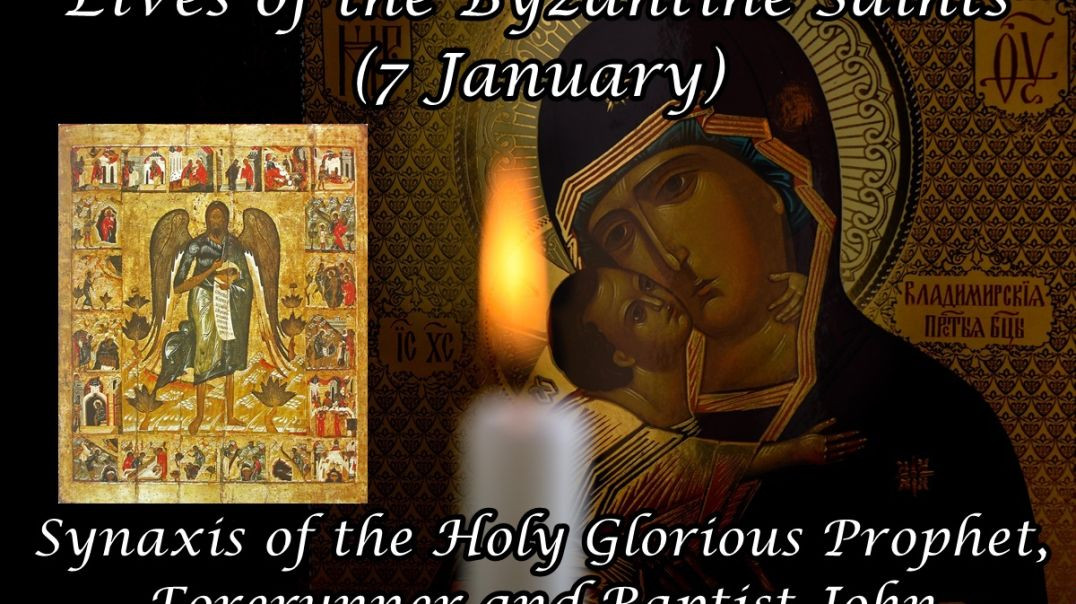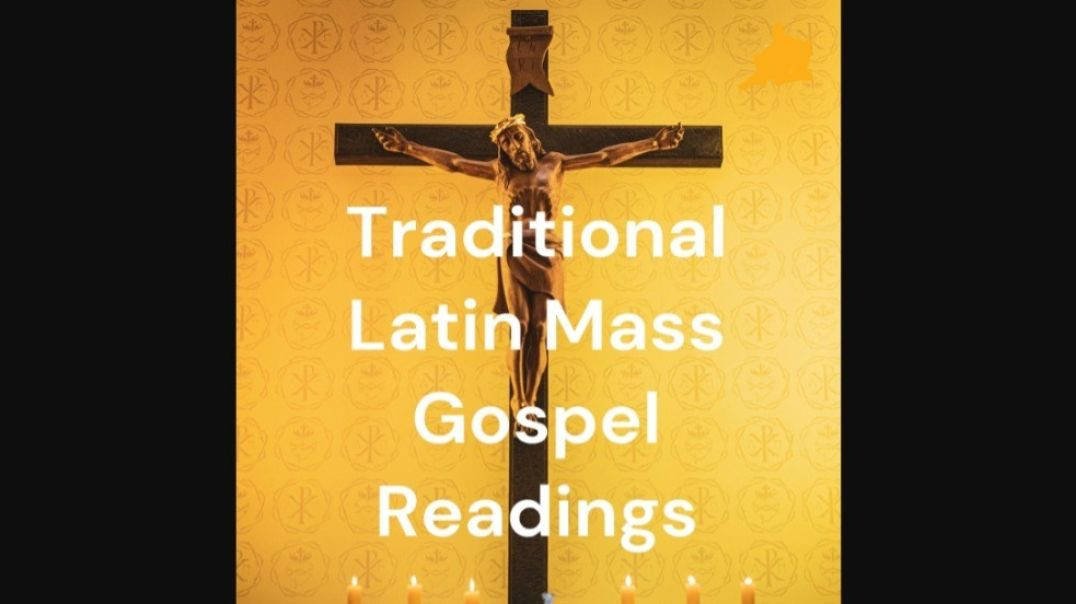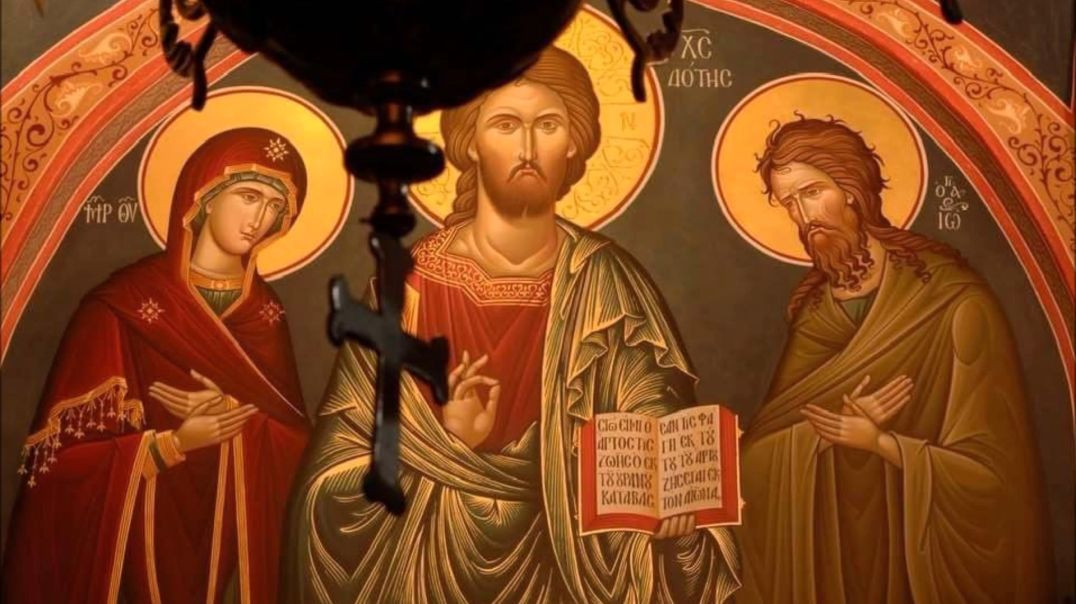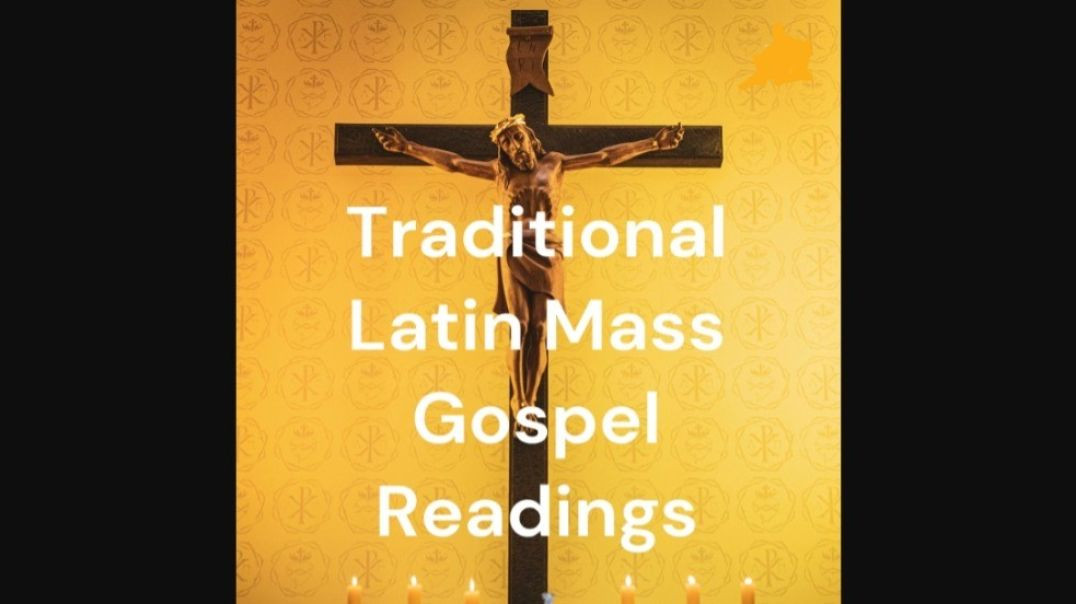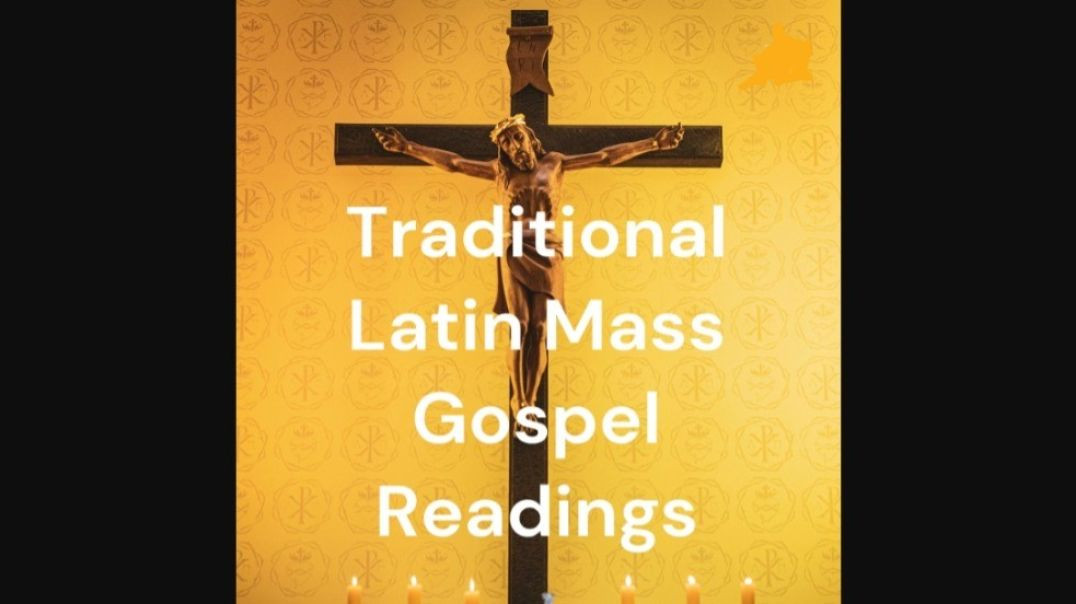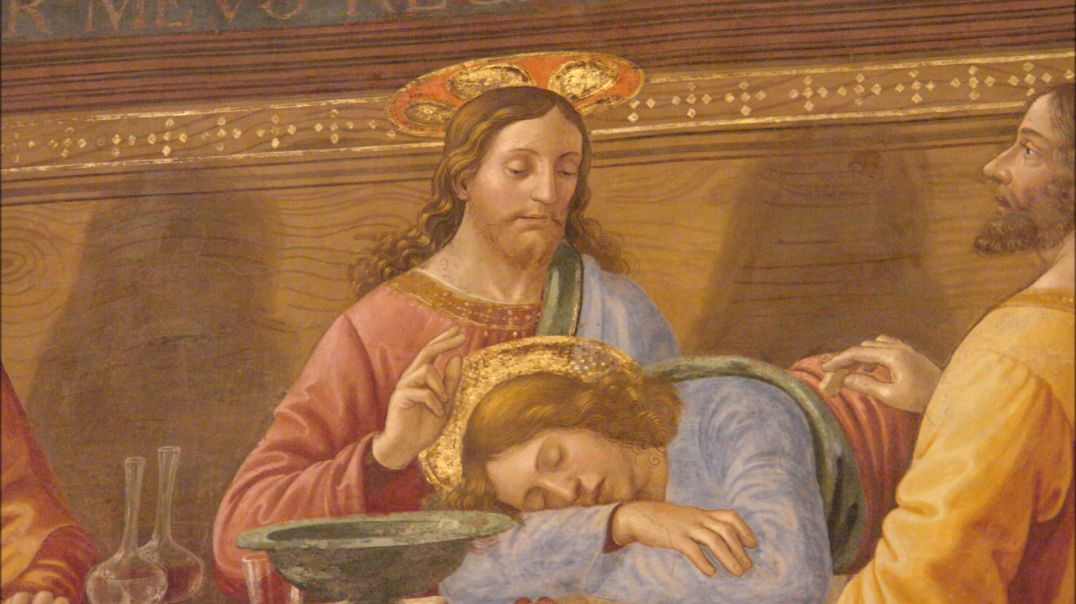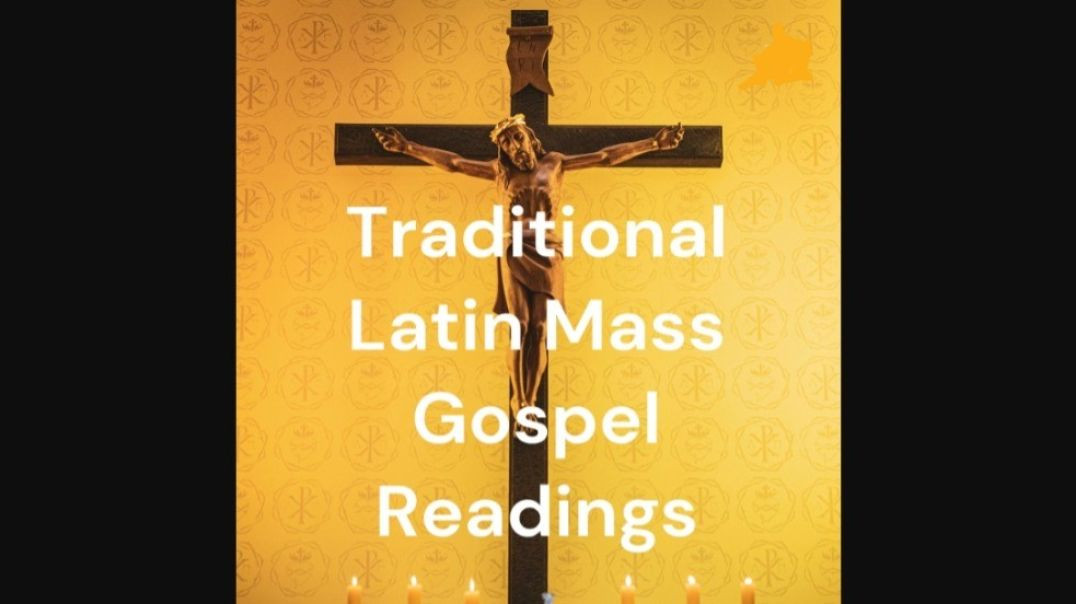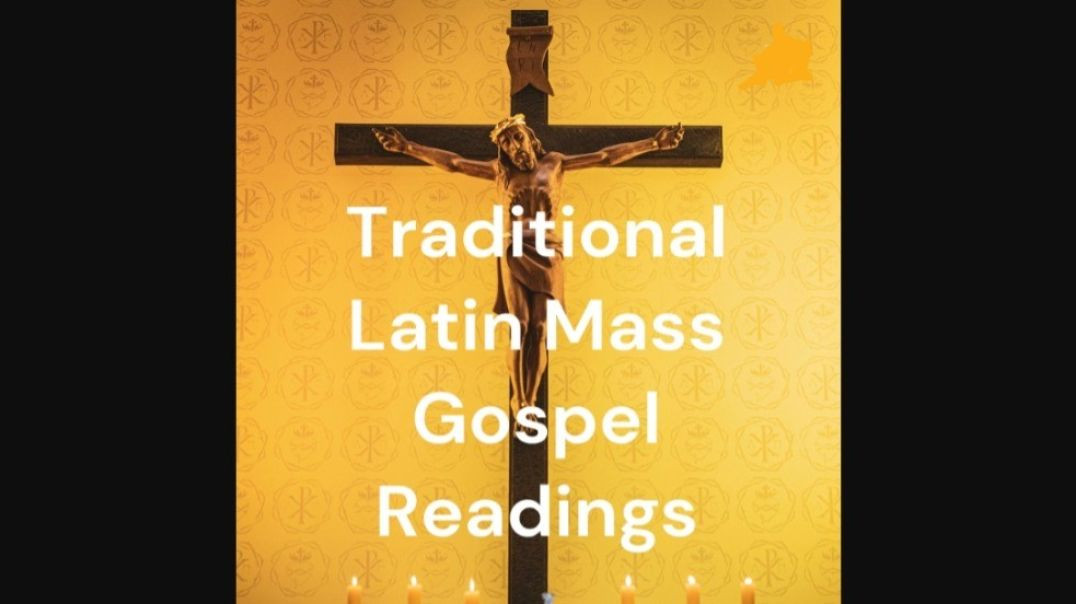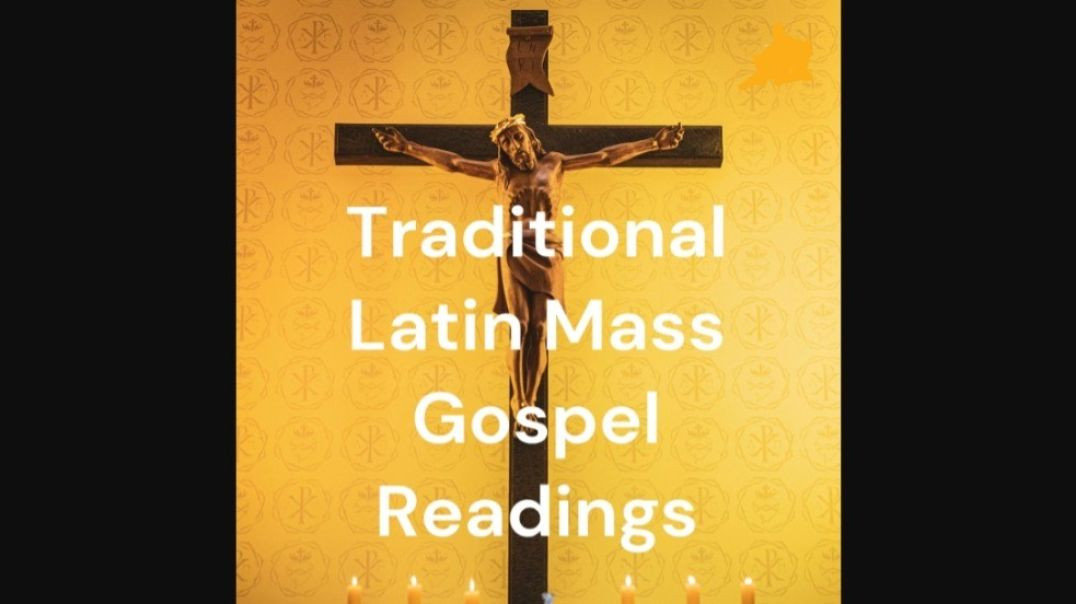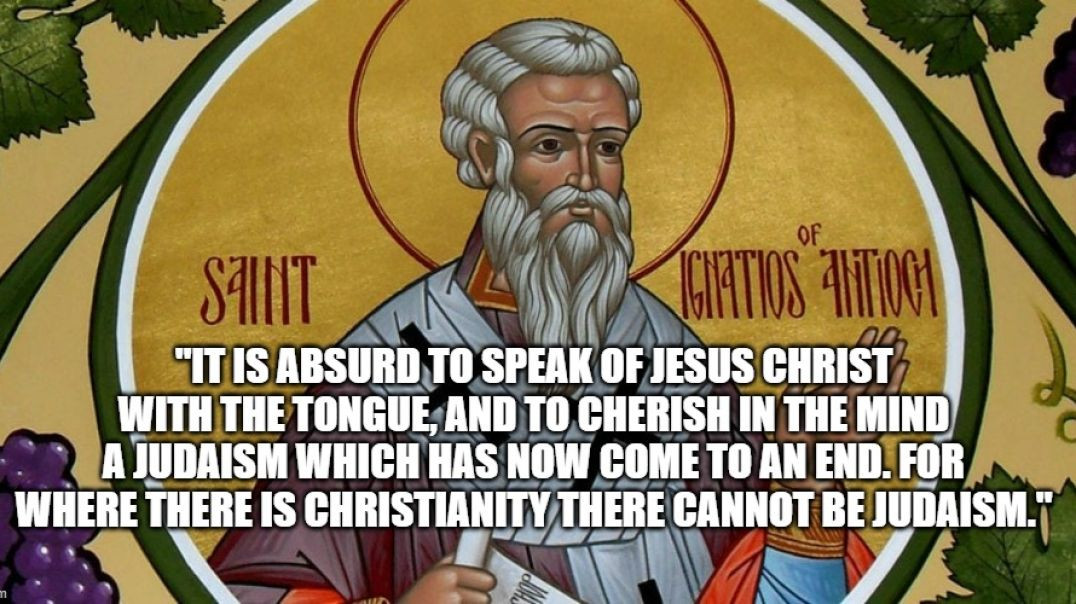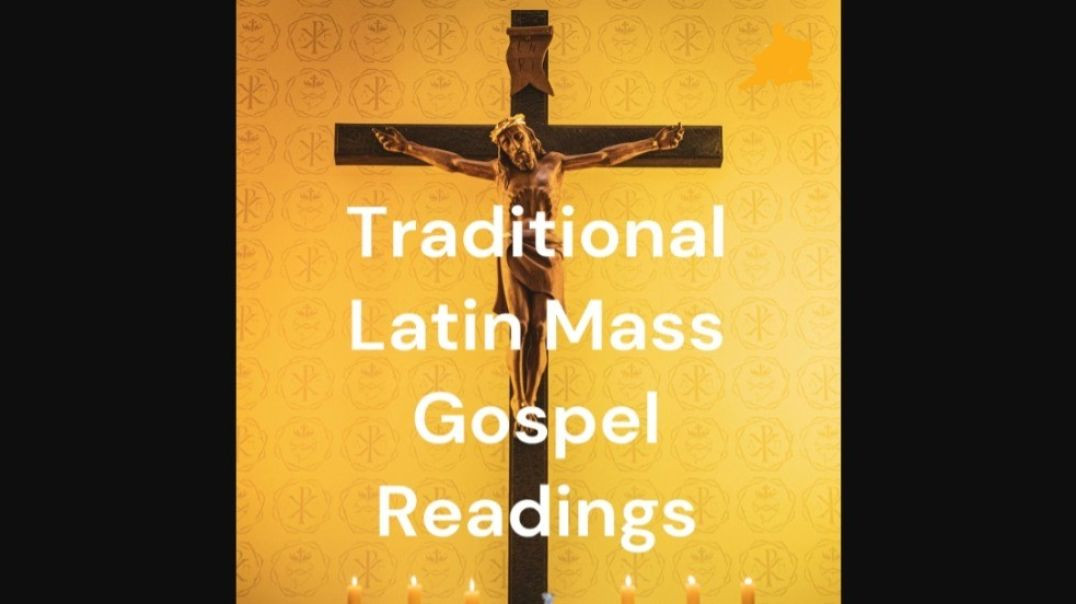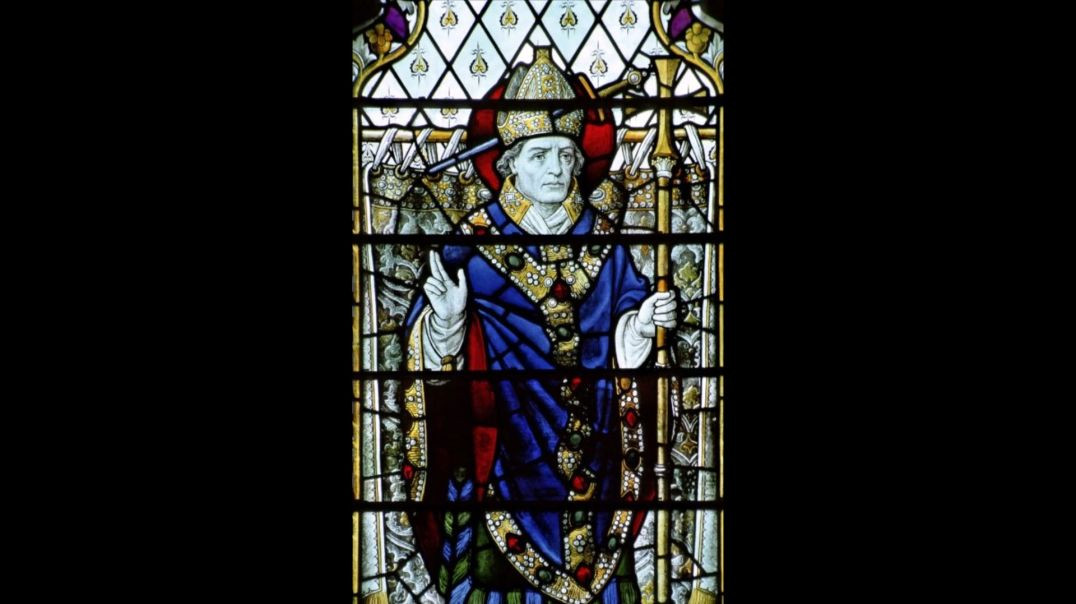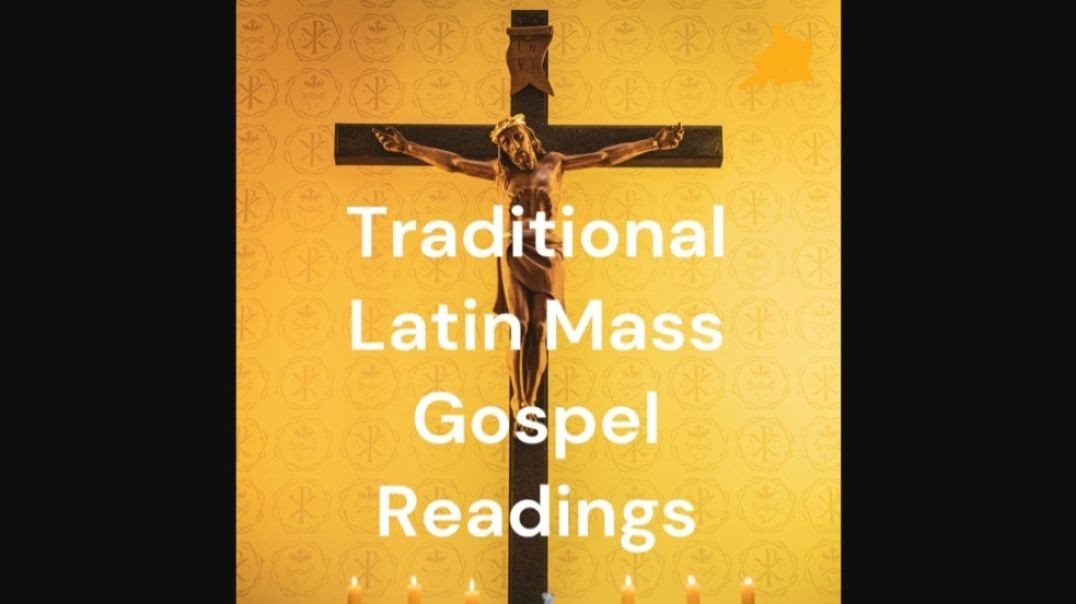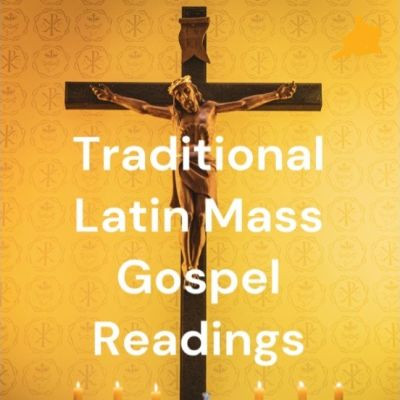Gospel 12-21-23. John 20:24-29. St Thomas, Apostle.
Now Thomas, one of the twelve, who is called Didymus, was not with them when Jesus came.
Thomas autem unus ex duodecim, qui dicitur Didymus, non erat cum eis quando venit Jesus.
25 The other disciples therefore said to him: We have seen the Lord. But he said to them: Except I shall see in his hands the print of the nails, and put my finger into the place of the nails, and put my hand into his side, I will not believe.
Dixerunt ergo ei alii discipuli : Vidimus Dominum. Ille autem dixit eis : Nisi videro in manibus ejus fixuram clavorum, et mittam digitum meum in locum clavorum, et mittam manum meam in latus ejus, non credam.
26 And after eight days again his disciples were within, and Thomas with them. Jesus cometh, the doors being shut, and stood in the midst, and said: Peace be to you.
Et post dies octo, iterum erant discipuli ejus intus, et Thomas cum eis. Venit Jesus januis clausis, et stetit in medio, et dixit : Pax vobis.
27 Then he saith to Thomas: Put in thy finger hither, and see my hands; and bring hither thy hand, and put it into my side; and be not faithless, but believing.
Deinde dicit Thomae : Infer digitum tuum huc, et vide manus meas, et affer manum tuam, et mitte in latus meum : et noli esse incredulus, sed fidelis.
28 Thomas answered, and said to him: My Lord, and my God.
Respondit Thomas, et dixit ei : Dominus meus et Deus meus.
29 Jesus saith to him: Because thou hast seen me, Thomas, thou hast believed: blessed are they that have not seen, and have believed.
Dixit ei Jesus : Quia vidisti me, Thoma, credidisti : beati qui non viderunt, et crediderunt.
In the Mass of St Thomas, the liturgy reminds us that the Apostles are the foundation of the church of which Christ is the corner-stone; that is why their feasts were formerly kept like Sundays.
The Gospel relates the famous scene which occurs in the Upper Room after the Lord's Resurrection. St Thomas doubted: and it was only when Jesus made him put his finger into his wounds that, passing suddenly from incredulity to ardent faith, he exclaimed: "My Lord and my God." That finger, says a Father of the Church, has become the master of the world because it showed him the reality of the flesh of Jesus Christ. Let us therefore believe in the great mystery of an incarnate Word which will soon be manifested in the world. The name of St Thomas figures in the Canon of the Mass.
The elevation having been instituted as a reply to the heresy of Berengarius who denied the real presence, let us contemplate in a spirit of faith the sacred elements when they are raised and say with St Thomas: "My Lord and my God, " a practice enriched by Pius X.

